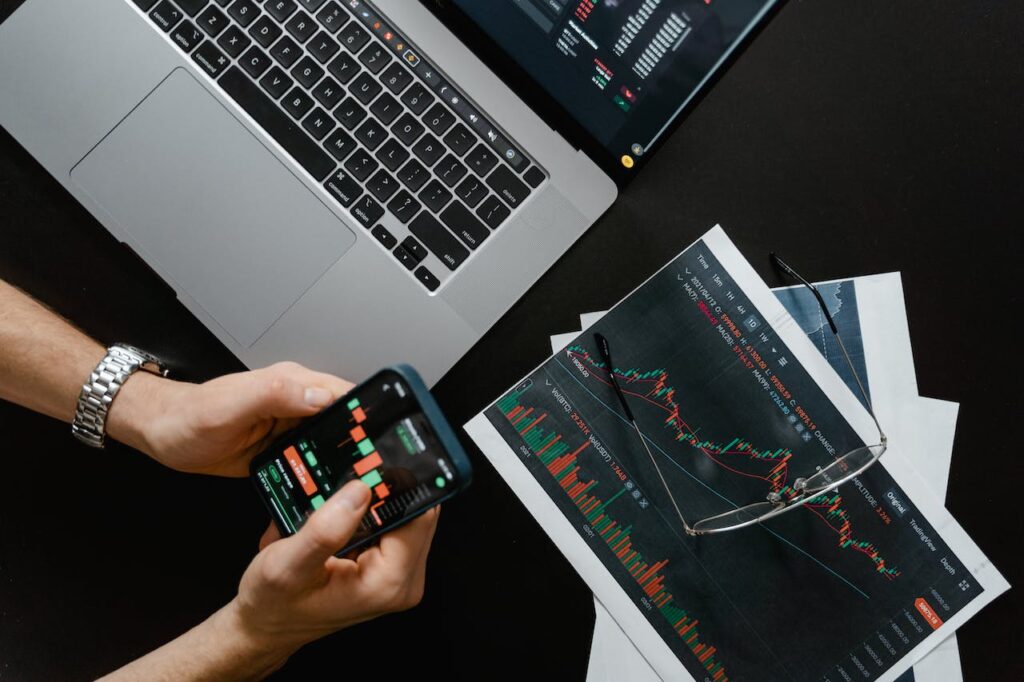Prop trading firms have moved from niche providers to central players in the trading world. For futures traders, their growth represents more than just access to funding — it signals a major change in how participation in global markets is structured.
What was once a landscape dominated by self-funded traders and institutional desks has now opened to individuals who can demonstrate skill and discipline.
The accessibility of evaluations, rule-based environments, and advanced platforms has reshaped the journey of becoming a futures trader.
Instead of relying solely on personal savings, traders now have structured pathways to prove themselves, scale responsibly, and access professional-grade tools that were once out of reach.
This democratization has created a new ecosystem where performance and discipline matter more than starting capital.

1. Lower Barriers to Entry
Trading futures has always required significant capital, with margin requirements often keeping smaller traders out. Prop firms change this by offering funded accounts in exchange for performance in evaluations. Instead of risking large personal savings, traders now begin with modest fees, proving skill before managing greater capital. This lowers financial risk while widening access to markets like equity index futures, commodities, and treasuries.
2. A Framework for Discipline
Futures markets are unforgiving, and prop firms enforce the kind of risk management that traders might otherwise neglect. Daily loss limits, trailing drawdowns, and consistency rules shape traders to think like professionals. These guardrails prevent reckless overexposure and instill habits that align with institutional trading practices. For many, this structure is the difference between short-term speculation and long-term career growth.
For instance, imagine a trader starting with an evaluation account on E-mini S&P futures. Without risk rules, one oversized trade could wipe out weeks of progress. Under a prop firm’s daily loss limits and trailing drawdown, that same trader learns to size positions responsibly and build profits gradually. The rules transform risky behavior into sustainable practice.
3. Technology as an Equalizer
The rise of prop trading firms has also democratized access to professional tools. Platforms such as Rithmic, Tradovate, and WealthCharts give futures traders the speed, data quality, and analytics once reserved for institutions. By integrating these systems into evaluations and funded accounts, prop firms ensure that traders can develop strategies on reliable, industry-grade infrastructure. This levels the playing field and raises performance standards across the board.
4. Pathways to Professional Growth
Perhaps the most important change is the creation of clear career pathways. Traders who succeed in prop firm environments can scale accounts, manage multiple evaluations, and eventually transition into independent or institutional roles. Firms like Apex Trader Funding illustrate how affordable entry points combined with structured rule enforcement can turn trading from a hobby into a professional pursuit. For futures traders, this means opportunity is no longer reserved for those with deep pockets—it’s open to those with consistency and discipline.
5. Challenges Traders Should Consider
While prop firms open doors, they also come with realities that traders must carefully weigh. The evaluation process, while affordable, demands strict adherence to rules. Violating a daily loss limit or failing to trade the minimum required days can reset progress entirely. Fees, though smaller than personal capital requirements, can add up if multiple evaluations are needed before success.
Another factor is psychology: trading with firm-imposed rules can create pressure to meet profit targets within time limits. Futures traders must adapt not only their strategies but also their mindset to thrive in these conditions. Those who see evaluations as training grounds rather than quick wins are more likely to transition successfully into funded accounts and long-term growth.
6. Key Takeaways for Futures Traders
To put the rise of prop firms into perspective, here are the main points futures traders should keep in mind:
- Access without heavy capital – Funded accounts reduce the need for large personal deposits.
- Rule-based discipline – Daily loss limits, trailing drawdowns, and consistency requirements shape sustainable habits.
- Professional-grade tools – Platforms like Rithmic, Tradovate, and WealthCharts level the technological playing field.
- Scalable opportunities – Traders can grow accounts and move toward institutional-level participation.
- Psychological readiness is key – Success depends on mindset as much as strategy.
Final Thoughts
For futures traders, the rise of prop firms means access, structure, technology, and career potential. The firms don’t remove the challenge of trading; they redefine it. Success comes not from shortcuts, but from aligning with systems designed to protect capital and reward consistency.







Leave a Comment
You must be logged in to post a comment.